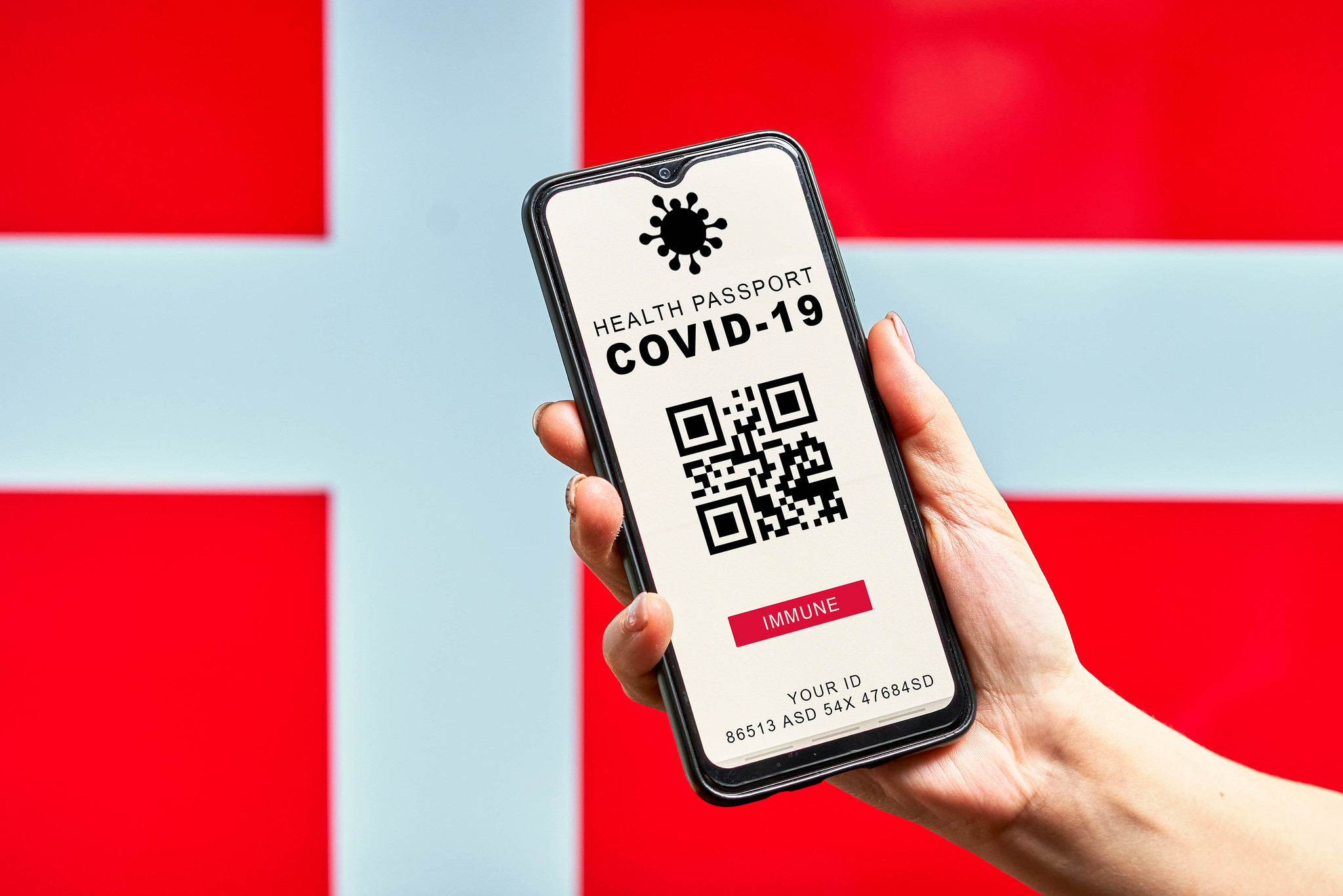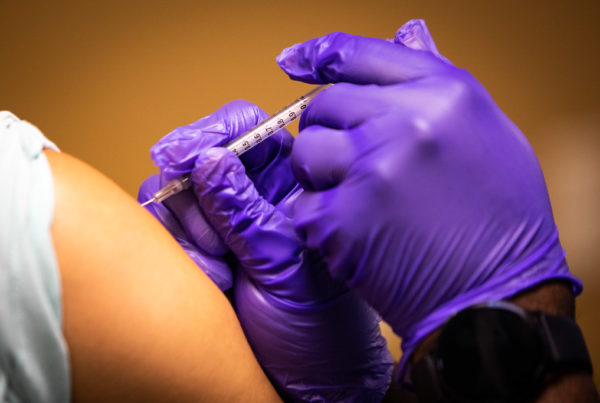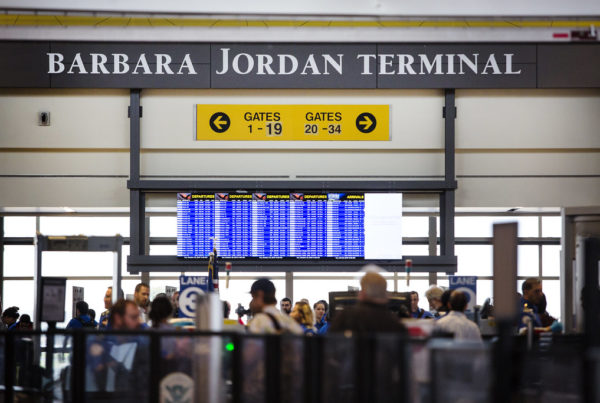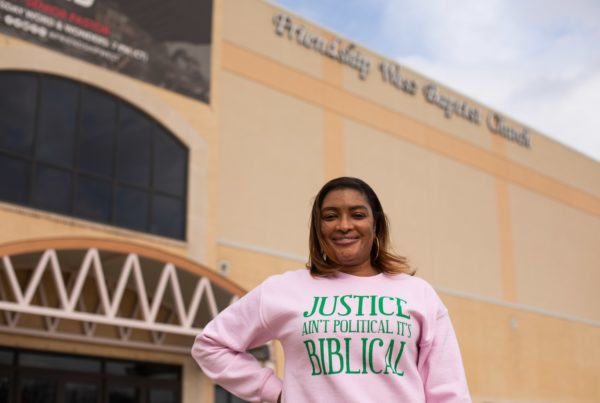As more people receive COVID-19 vaccinations, and pressure grows to reopen the economy, many experts believe it’s only a matter of time before some kind of vaccine passport becomes available – a means to verify vaccination status. But would you be required to carry one? Will government rules or business practices force you to prove you’ve had your shot? And how will those who haven’t been vaccinated be affected?
Maryn McKenna is a contributor to Wired Magazine and a senior fellow at Emory University’s Center for the Study of Human Health. She told Texas Standard that what are often called “vaccine passports” are actually documents or codes provided by a smartphone app that show whether a person has been fully vaccinated, or has acquired immunity to COVID-19 after recovering from the disease. They’re already in use by several countries, and in the U.S., too, though American versions have not been created or mandated by the government.
“You actually can go to an event in New York State right now and show your QR code like that,” McKenna said.
Walmart pharmacies offer QR code-based proof of vaccine status.
Highlights from this segment:
– The Biden administration does not plan to issue national vaccine passports, bot has asked the Department of Health and Human Services to develop standards for private entities.
– Israel has been using a passport for about a month. The program’s success may have to do with the nation’s high vaccination rate.
– If vaccine verification documents are used to allow freer travel, experts worry that poor countries, where vaccine rates are low, will be at a continued disadvantage in economic participation.














